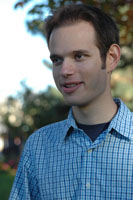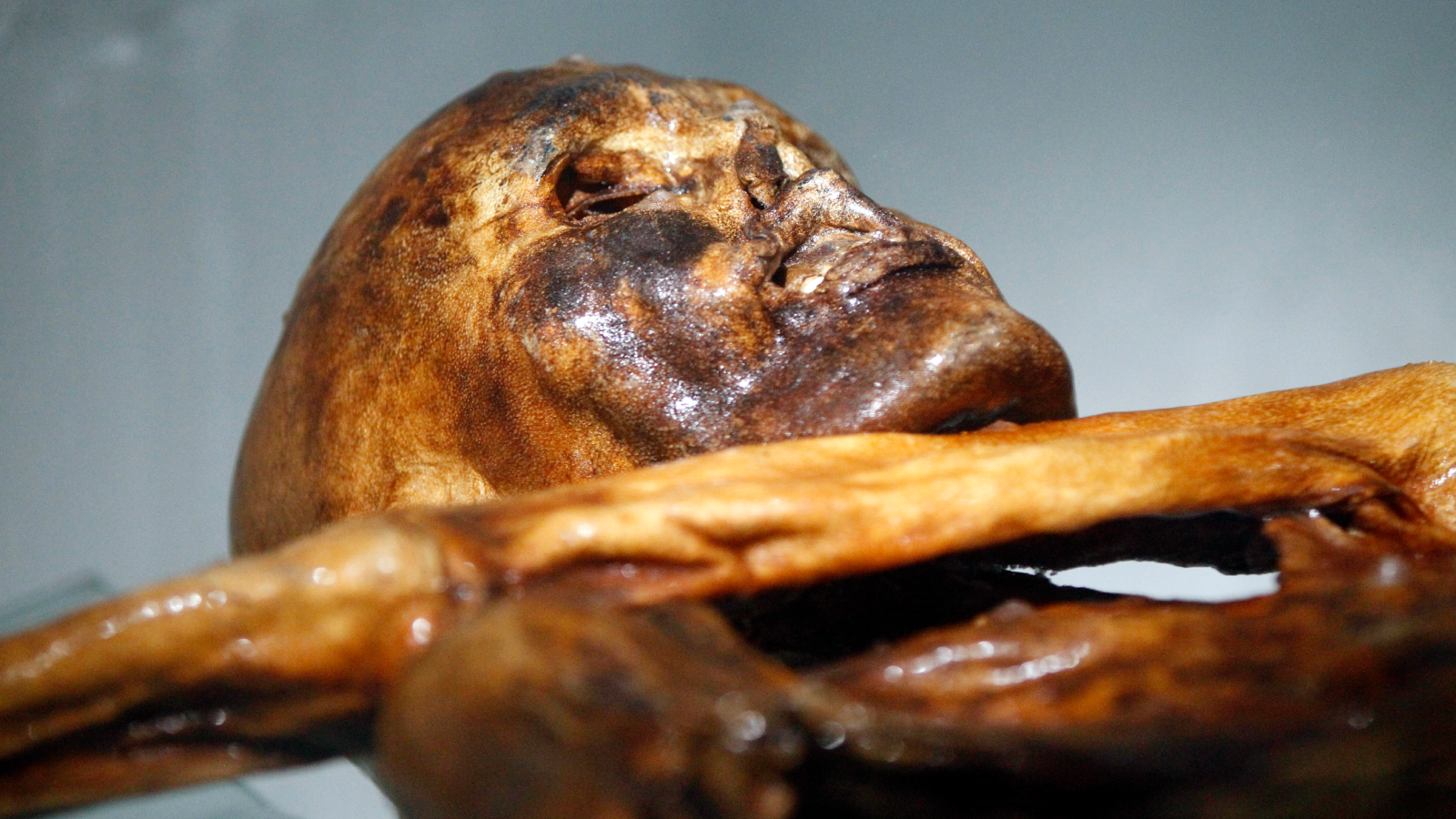Weight Gain: How Food Actually Puts on Pounds
There seems to be no end to the variety of diets for losing weight. The Mediterranean diet, the Atkins diet and the South Beach diet are just a few of the weight loss strategies that have gained popularity in recent years.
Despite all that variety, all diets come back to one core principle.
"There's no getting around it: To lose weight , you've got to eat less," said Dr. George Blackburn of Harvard Medical School in his book "Break Through Your Set Point" (HarperCollins, 2007). "All weight loss programs limit calories one way or another."
Calories, the basic units of energy, are at the heart of weight loss . Weight gain happens when you take in more than you expend, and weight loss happens when you use more than you consume.
How much weight a person gains or loses also has a lot to do with the individual's metabolism the process by which the body's cells convert the calories from food into energy for bodily functions such as breathing.
How your metabolism affects your weight
The body's metabolism is responsible for the majority of calories a person uses. However, metabolism occurs at different rates from person to person. It tends to slow with age, due to the wearing down of cells in the body. As metabolism slows , people who continue to eat the same number of calories will gain weight because the energy is not used as quickly. As many people age, their amount of physical activity also tends to decrease, and weight gain becomes even more likely.
Get the world’s most fascinating discoveries delivered straight to your inbox.
By dieting, people limit the calories they take in and can avoid that weight gain.
Many diets focus on eliminating one group of foods entirely. The Atkins diet, for example, severely limits carbohydrates. Other diets focus on limiting fats. Fat contains about twice as many calories as an equal amount of carbohydrates or proteins. But the evidence suggests people need to consider limiting both fats and carbohydrates to lose weight.
"Forcing scientists or the public into the juror's box to decide whether fat or carbohydrate contributes more to obesity is like debating whether tornadoes are worse than hurricanes," said Kelly Brownell and Katherine Battle Horgen, of the Yale Center for Eating and Weight Disorders, in their book "Food Fight" (McGraw-Hill, 2004). "People consume too many calories, which is the key to the obesity problem."
So can exercise turn fat into muscle?
While calories can be stored as fat, we know that not all large people simply have a lot of fat muscle mass also increases someone's size.
And although people talk of fat "turning into" muscle, that is not literally what happens. Fat is a means of storing extra calories within the body. Exercise uses calories, so it can decrease the amount of fat in the body. But at the same time, exercise places stress on the body's muscles. That stress can break down the muscles at the cellular level, and as neighboring cells repair them, the muscle cells can become enlarged.
Muscle tissue is denser than fat, and requires more energy to maintain . So people with more muscle mass can consume more food -- and will utilize those calories.
Of the three factors that account for calorie use in an individual metabolism, digestion (which is the energy used to break down the food we consume) and physical activity we have little control over our metabolism and our digestion. But we can control how many calories go into our bodies, and we can control the amount of exercise we do to use up excess calories.
- 10 New Ways to Eat Well
- Lose Weight Smartly: 7 Little-Known Tricks that Shave Pounds
- Dieters, Beware: 9 Myths That Can Make You Fat
Follow MyHealthNewsDaily on Twitter @MyHealth_MHND.
 Live Science Plus
Live Science Plus






